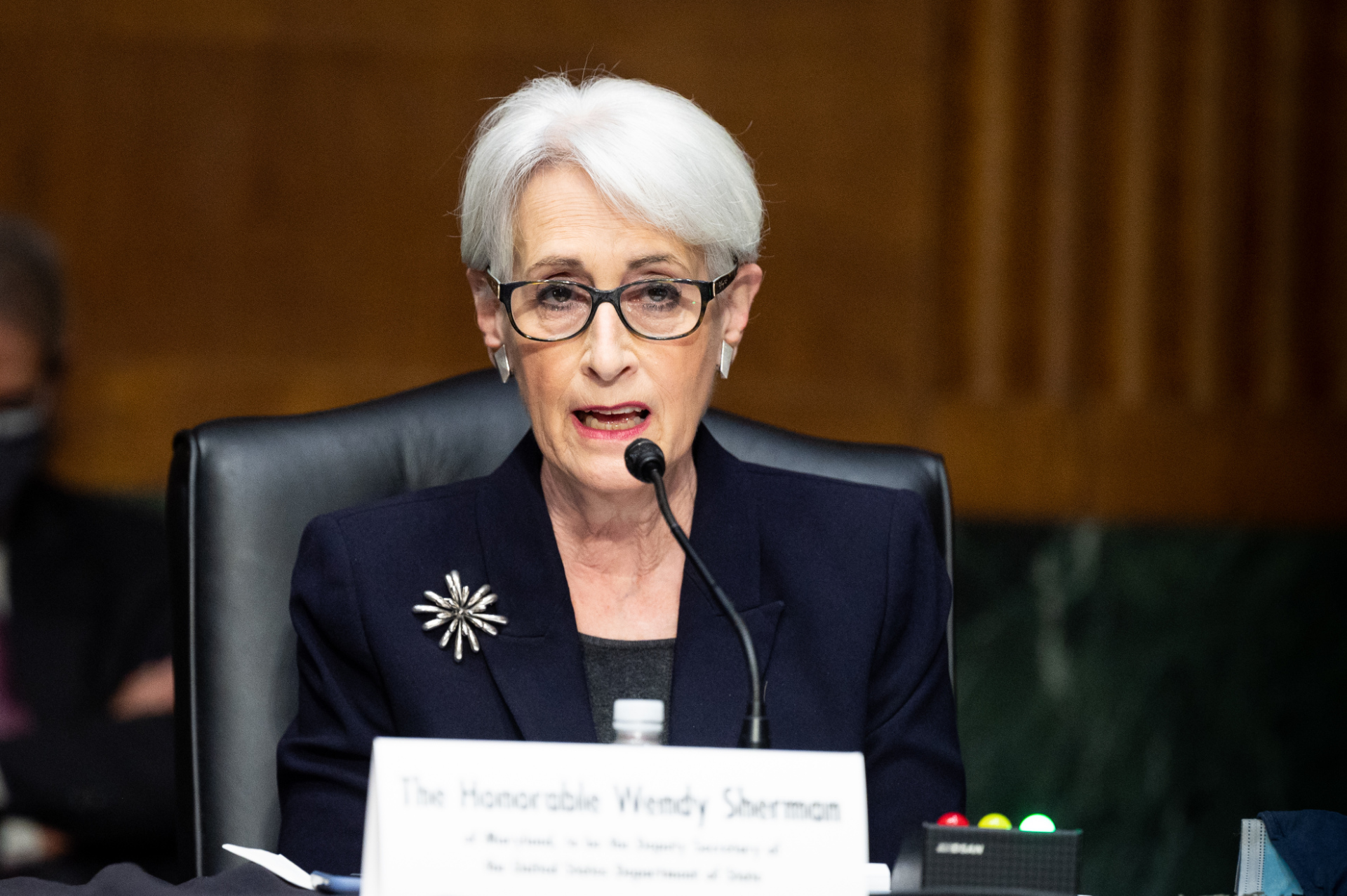America’s second most senior diplomat heads to Tianjin, the Chinese capital’s satellite city
A top U.S. diplomat is heading to China for talks with her counterparts, but no one expects much to change as China-U.S. relations continue to deteriorate.

Wendy Sherman, the U.S. Deputy Secretary of State, will visit Tianjin, China, on July 25 and 26, the State Department and Chinese media both confirmed today. She will become the most senior American official to visit China since President Biden took office, and the highest-ranked U.S. representative to have a face-to-face discussion with Chinese counterparts since the acrimonious encounter in Anchorage, Alaska, in March.
U.S.-China relations have worsened considerably since March, foreboding difficult discussions Sherman will have with two officials she is expected to meet: Foreign Minister Wáng Yì 王毅, and Xiè Fēng 谢锋, the number five foreign ministry official who is responsible for U.S. affairs.
- Sherman’s visit almost didn’t happen after a protocol kerfuffle in which, according to the Financial Times, China offered for her to meet with just Xie Feng. The U.S. considered this a snub because of his relatively lower rank, and wanted Sherman to meet with her counterpart, Vice Foreign Minister Lè Yùchéng 乐玉成.
Sherman’s visit will come hot on the heels of hacking accusations that the U.S. and a large group of its allies lobbed at China, which Beijing called “fabricated,” and her own visit to Japan where she made remarks about “upholding stability of the Taiwan Strait,” which Beijing labeled “anti-China encirclement.”
The Biden administration also made three moves last week that Beijing loudly objected to:
- Affirming the Trump administration’s South China Sea policy of actively supporting the maritime claims of five Southeast Asian states over China. Beijing called this move “extremely irresponsible.”
- Warning companies with supply chains in Xinjiang that they run a high risk of violating U.S. law due to human rights abuses. Beijing said the warning was part of a “sinister plot of containing China by using Xinjiang as an excuse.”
- Publishing a business advisory on political risk in Hong Kong due to Beijing’s national security law and anti-sanctions law. The Chinese foreign ministry called this warning “extremely rude.”
Cooperation on climate change, or just more tariffs?
One of the most promising areas of not completely acrimonious U.S.-China dialogue this year has been climate change. Biden’s climate envoy, John Kerry, visited Shanghai in April and came away with a significant joint statement in which the two countries agreed to enhance their climate action ambition and laid out many areas of joint policy interest.
Now, however, Kerry is again facing Beijing’s reluctance to give even the appearance of acceding to demands from Washington. After he called on China to ensure that its emissions peak before 2030 as promised, and said, “on climate, cooperation is the only way to break free from the world’s current mutual suicide pact,” a Chinese foreign ministry spokesperson made a point to “emphasise that the cooperation between China and the United States in specific fields is closely related to the overall health of Sino-U.S. relations.”
Separately, Kerry said that he has been tasked by Biden with evaluating whether to move forward with a “placeholder” piece of legislation in the U.S. Congress on imposing a tariff on carbon-intensive imports.
- Kerry said that no decision had been made yet, because “we have some concerns about what the impacts may be.”
- One of the obvious impacts is that China would likely consider the policy to be yet another unilateral provocation from the U.S. That perception wouldn’t be helped by the policy using tariffs, the same tool that Trump used to repeatedly provoke China, and which the Biden administration never removed after Trump left office.
See also:
- Biden has angered China, and Beijing is pushing back / NYT (paywall)
- Joe Biden is determined that China should not displace America / Economist (paywall)
- Biden, Yellen to maintain Trump’s halt in U.S.-China economic talks / Bloomberg (paywall)
- Biden administration looks to set up ‘red phone’ to China for emergency communications / CNN






